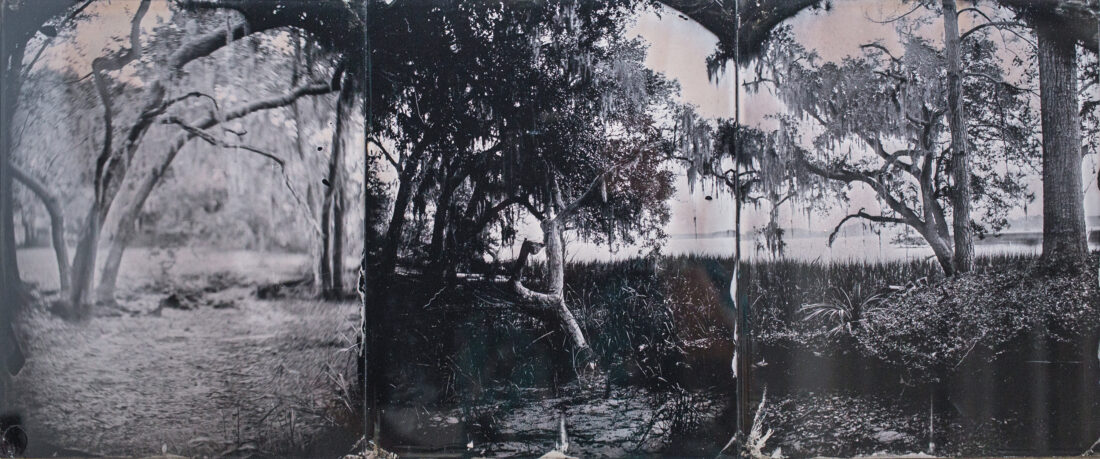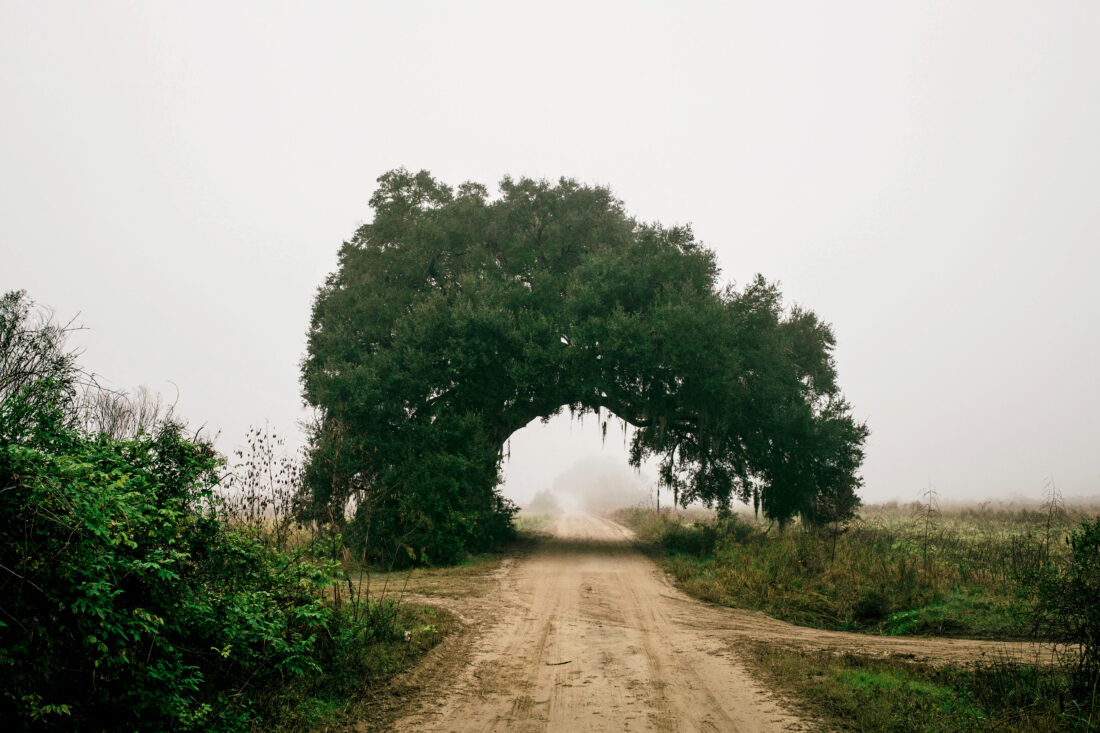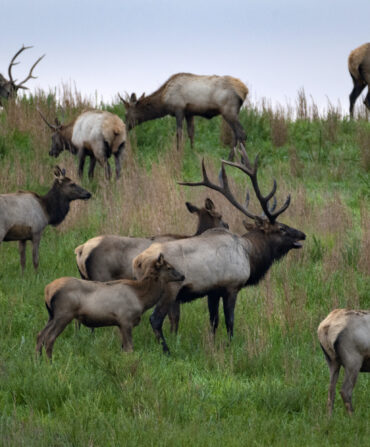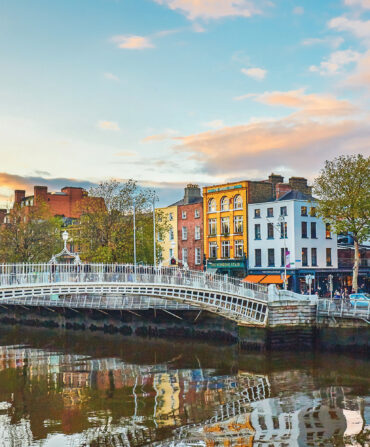I’m sure you’ve heard the old adage “Write what you know.” As an author of psychological suspense novels, I (mercifully) do not have intimate experience with all the grisly things I put my characters through, though I have walked the spots they call home.

I moved to the Lowcountry when I was twelve years old. My family relocated from Chicago to Mount Pleasant, South Carolina, in the middle of June—a rookie mistake, on the part of my parents—and to this day, I still remember the moment our minivan curved down the long driveway to our new home. There was what looked like knotted hair dangling from the trees, murky green water reflecting the sun like a mirror, and an elegant white egret plucking around in the pluff mud. And then I slid open the door and took a deep breath of what I can only describe as air so thick it felt like pudding.
I remember my skin dampening almost immediately; my fine, limp hair that always resisted a curl suddenly rising like yeast in the heat. It was so quiet, devoid of all city noises…but at the same time, it was also incredibly loud. Some sort of rhythmic shrieking echoed around me, a sound practically alien to my adolescent ears. I’ve since become accustomed to those little curiosities, my senses so acclimated I sometimes forget how foreign it all is. After twenty-two years here, the smell of the marsh that once made me recoil now makes me instantly relax, and the screams of those cicadas are a calming white noise. But there is still one place that remains so unusually untouched that a visit there transports me back to my childhood, to the very first day I called the South home.
That place is Wadmalaw Island.
Wadmalaw is a barrier island about ten miles long by six miles wide, twenty or so miles southwest of Charleston. You won’t find any major restaurants, shopping centers, or hotels there; you will, however, find a muscadine vineyard and a tea plantation. As anyone who lives around here can surely attest, the Lowcountry has witnessed staggering change—but there are still a few pockets that cling to their cores with a tight grip, and Wadmalaw is undoubtedly one of those. The only way on and off is by a small bridge, and with the last census estimating the island’s year-round population at a mere 2,848, I always feel refreshingly isolated out there.

Two years ago, when I started doing research for my fourth book, I found myself winding down the roads of Wadmalaw in a frantic search for inspiration. To be honest, I’m not exactly sure why I went there—maybe it was instinct, maybe luck—but at the time, my idea for that book was nothing more than a seed, so I simply hopped in the car and started to drive, hoping that seed might sprout into something worthwhile. I roamed around the whole island that day, cruising under the live oaks and breathing in the moats of marshy water, twisting along dirt roads that led to nowhere at all. Then I turned down Bears Bluff Road into Deep Water Vineyard, and it was in that vineyard, my fingers grazing against the vines, clusters of scuppernong grapes swollen with juice, that my small seed of a story began to take root.
This vineyard, surrounded by swamp, was unlike anything I had ever seen. The sky itself felt more solid than gas—it was suffocating, really, like trying to inhale through a damp towel—but when I did manage to take a deep breath, it was oddly cleansing, a briny balm that exfoliated me from the inside out. Then I looked down at my phone, an exclamation point where my service status should have been, and almost immediately, my mind started to spin. I became intrigued by the idea of an inherent hazard existing inside something otherwise perfect: building a bouquet of water hemlock, its bridal white flowers toxic, or catching the metallic flick of a copperhead, a beautiful thing bloated with venom just waiting to dispense its lethal bite.
That little island, I realized, felt just like the Lowcountry of my memories, the ethereal world I had been dropped into at the fledgling age of twelve. Being uprooted when you’re still so young feels like getting ripped from one plot and being plunged into another, settling into a warm pocket of soil and just trying your best to keep growing in the dark. There were times back then when I wondered if this strange place would ever feel like home—but slowly, silently, often imperceptibly, I had sucked up my surroundings like thirsty roots in sodden ground, emerging from my youth an entirely new person. A person I would never have become if it weren’t, first, for this corner of the world.
That book is finished now, and it’s coming out this summer. Forget Me Not is about a woman who stumbles onto a muscadine vineyard in coastal South Carolina only to be flooded with memories of her past. At first, the isolation is refreshing—but then she gets out of her car, starts wandering around, and begins digging up old secrets that perhaps should have stayed buried.
Garden & Gun has an affiliate partnership with bookshop.org and may receive a portion of sales when a reader clicks to buy a book.








